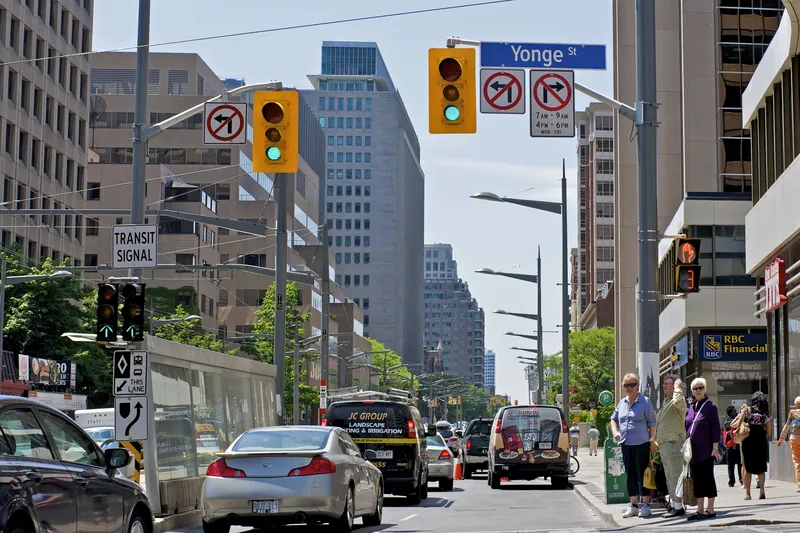Massachusetts Department of Transportation (MassDOT) has selected Trafficware’s SynchroGreen for the State’s first adaptive signal system. With traffic engineering involvement from consulting firm VHB, the new system was activated earlier this year.
Video cameras located at the intersection provide real-time traffic volumes information to on-street traffic controllers. The system then uses a centralised command and control server to process this volume/occupancy data to analyse and dynamically adjust p
July 1, 2014
Read time: 2 mins
Video cameras located at the intersection provide real-time traffic volumes information to on-street traffic controllers. The system then uses a centralised command and control server to process this volume/occupancy data to analyse and dynamically adjust phase timings, offsets and cycle lengths continuously in real time. This results in signal timings that adjust every cycle to the fluctuating demands of traffic volumes to optimise the flow of traffic.
SynchroGreen also provides users with the option of default settings or providing more detailed inputs to refine the system operation, offering a level of flexibility that allows system to be deployed in both smaller cities where there are little local resources to manage the system, or in larger cities, where there may be specific traffic dynamics that require a more tailored approach.
The system was deployed on a common bypass route where unpredictable traffic demand occurred, where backups caused substantial queuing onto the freeway. Commented Alan Deditch, president of Highway Tech, provider of on-street system support: “SynchroGreen was the perfect solution to respond to the influx of traffic and we have already seen a significant improvement,” added Deditch.









